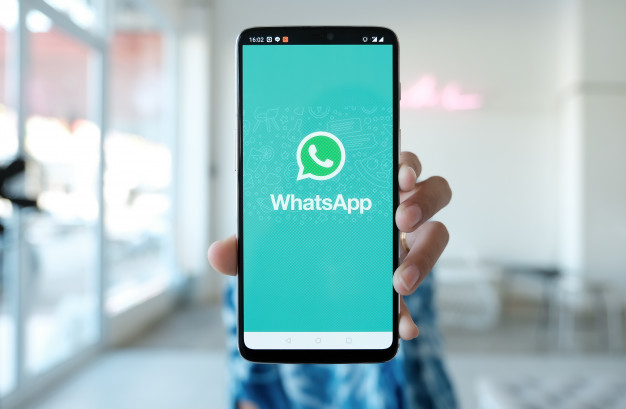Facebook has joined the crowded and competitive mobile payments market in India, building on top of the faster payment solution, UPI. TechCrunch noted:
The Facebook-owned service (WhatsApp) said Friday that it is rolling out payments in ten Indian regional languages in the latest stable version of WhatsApp app on Android and iOS. The announcement comes hours after National Payments Corporation of India (NPCI), the body that operates the popular UPI payments infrastructure, said that it had granted approval to WhatsApp to roll out UPI-powered payments in the country.
Like Google, Samsung and a number of other firms, WhatsApp has built its payments service atop UPI, a payments infrastructure built by a coalition of large banks in India. NPCI said WhatsApp, which has amassed over 400 million users in India, can expand payments to its users in a “graded manner,” and to start with, it can only roll out the payments service to 20 million users and has to work with multiple banking partners.
While Facebook may be a little late to the market, there is still room to develop new users and market share is still available to take from other providers. Note that Paytm use to be the payment wallet of choice, but now Walmart and Google have gained share:
Google and Walmart currently dominate the mobile payments market in India, together commanding roughly 80% of the UPI market share. UPI has emerged as the most popular digital payments method in India, thanks in part to New Delhi’s abrupt move to invalidate more than 85% of the paper cash circulation in the nation in late 2016. UPI’s popularity has diminished the relevance of several firms in India, including SoftBank and Alibaba-backed Paytm that spent years building mobile wallets. Unlike UPI apps, mobile wallets are not interoperable with other mobile wallets, and levy a small fee to consumers.
In an attempt to keep payments from being dominated by just one player, NPCI announced that they will enforce a limit to ensure that no single app can control more than 30% of the market.
Overview by Sarah Grotta, Director, Merchant Services at Mercator Advisory Group
